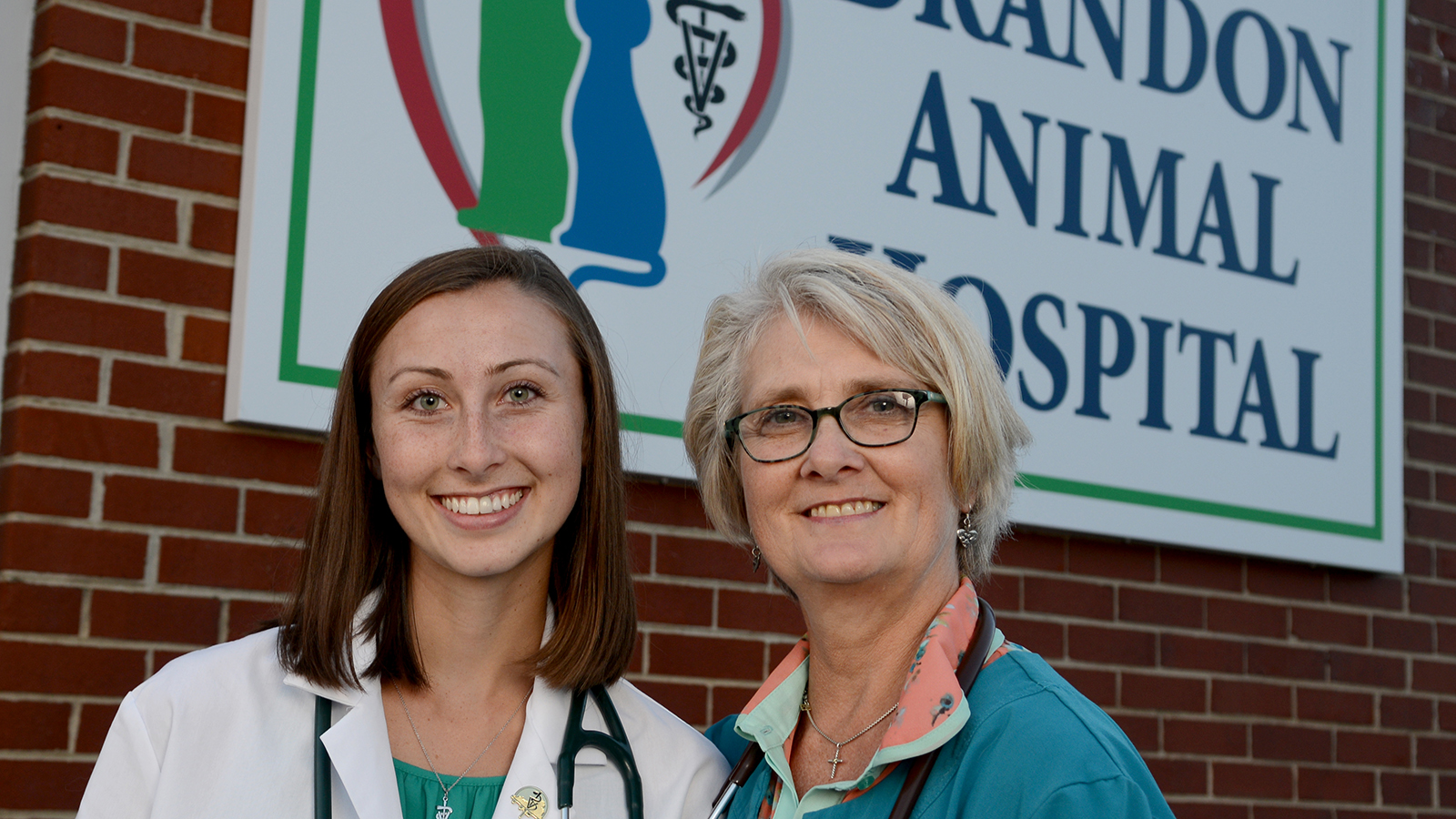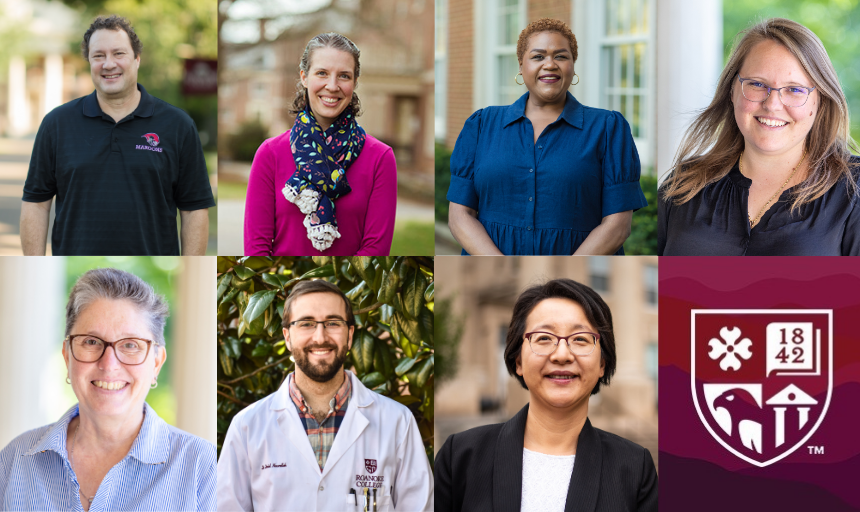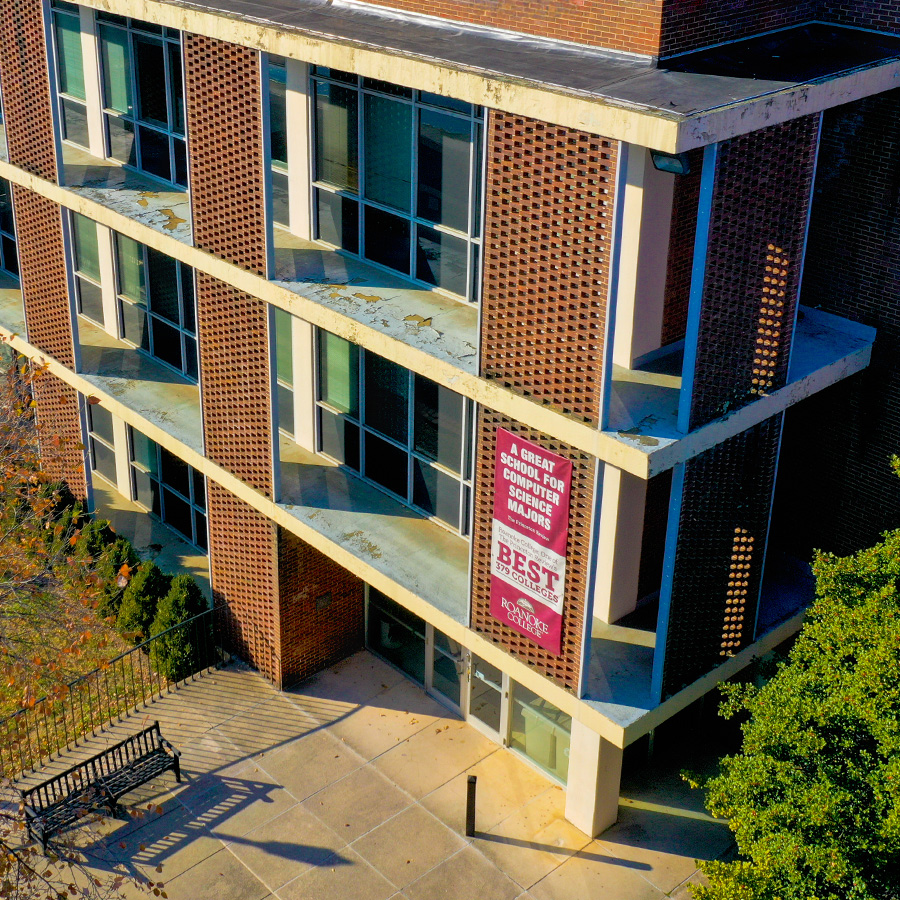Pre-Veterinary Medicine
Available as a pre-professional advising track
At Roanoke College, we help you check all the boxes to prepare for graduate school in veterinary medicine. A rigorous preparation in the sciences, along with a strong liberal arts background and access to clinical experiences and research opportunities, will give you an edge in gaining admission to top-quality graduate programs across the country.

Student Experiences
Careers & Outcomes
News
Contact
-
As medical cannabis becomes an increasingly important tool in modern health care, education is essential to ensure its safe and effective use. Join Dr. Bonni Goldstein, medical director of Canna-Centers Wellness & Education, for an evidence-based look at key considerations in cannabis therapy.
- Date:
- March 11, 2026
- Time:
- 6:30 - 7:30 p.m.
- Location:
Virtual

-
Join us for an insightful look at the science, trends, and health research into cannabis across the lifespan.
- Date:
- March 23, 2026
- Time:
- 7:30 - 8:30 p.m.
- Location:
Virtual








